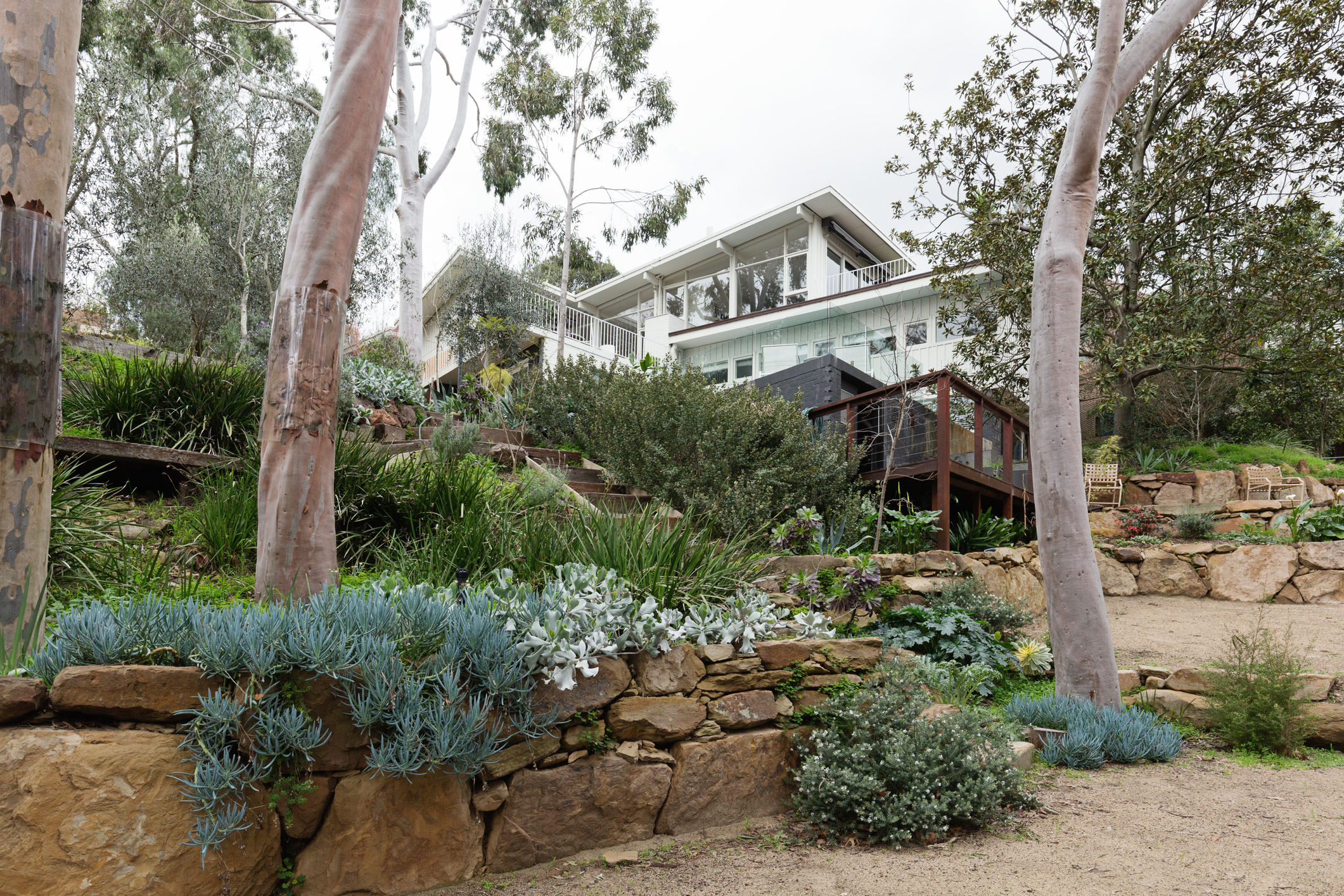
A beautiful, lush garden can add thousands to the value of a home and be a key element in attracting buyers. But with climate change altering weather patterns, an increasing number of homeowners are looking to create gardens that will survive long, hot, dry spells.
Drought-proof gardens can in fact be a real asset when it comes time to sell. The key to such a garden is the health of its soil and a choice of plants that can withstand long periods without rain.
As your real estate agents, we can recommend excellent local garden centres to consult, or a local gardening service that will help you transform your garden.
Here are seven tips to help you on your way.
1. Compost like crazy: Aged manures and compost will revitalise your soil immediately. Don’t throw it on your garden beds and walk away. Use a garden fork to turn it over so air and water can get into it. Aim to put down a 10cm layer of organic mulch. Some councils will provide mulch for free or cheaper than retailers.
2. Focus on the goal: If you’re intending to reassure buyers of a drought-proof garden, resist picking out thirsty plants when walking around garden centres. These might include anything from olive trees to roses – anything shade loving is also unlikely to fit the bill.
3. Drought-tolerant plants: There’s a vast selection of plants fitting this bill; everything from geraniums to cacti. You can use Google to give you some idea of the choices available to you. Some online garden retailers will offer a state-by-state breakdown of the most appropriate plants.
4. Quality, not quantity: The adage that you get what you pay for is never more accurate than when buying plants. Dig a little deeper into your pocket and purchase quality plants from a reputable supplier. Don’t pick out plants that are discounted but appear to be struggling.
5. Foliage equals form: In hot weather, flowers can quickly bloom and wither. It is smart to use foliage to help create forms and structure to your garden. The most efficient and drought-tolerant is foliage with thick, grey leaves. Again, discuss your choices with experts at a local garden store.
6. Be smart with water: You need your plants to grow deep roots that will seek out water. So, ensure you get the hose out once every ten days to two weeks and give your garden a deep watering. This will encourage the right type of root growth. Don’t give your plants a 10-minute shower each evening.
7. Soak roots, not leaves: Given that you’ve mulched, it’s important to remember to water the roots of the plants. Don’t just spray water on the leaves and think “job done”. Focus on the roots system and let the mulch retain moisture in the soil.
